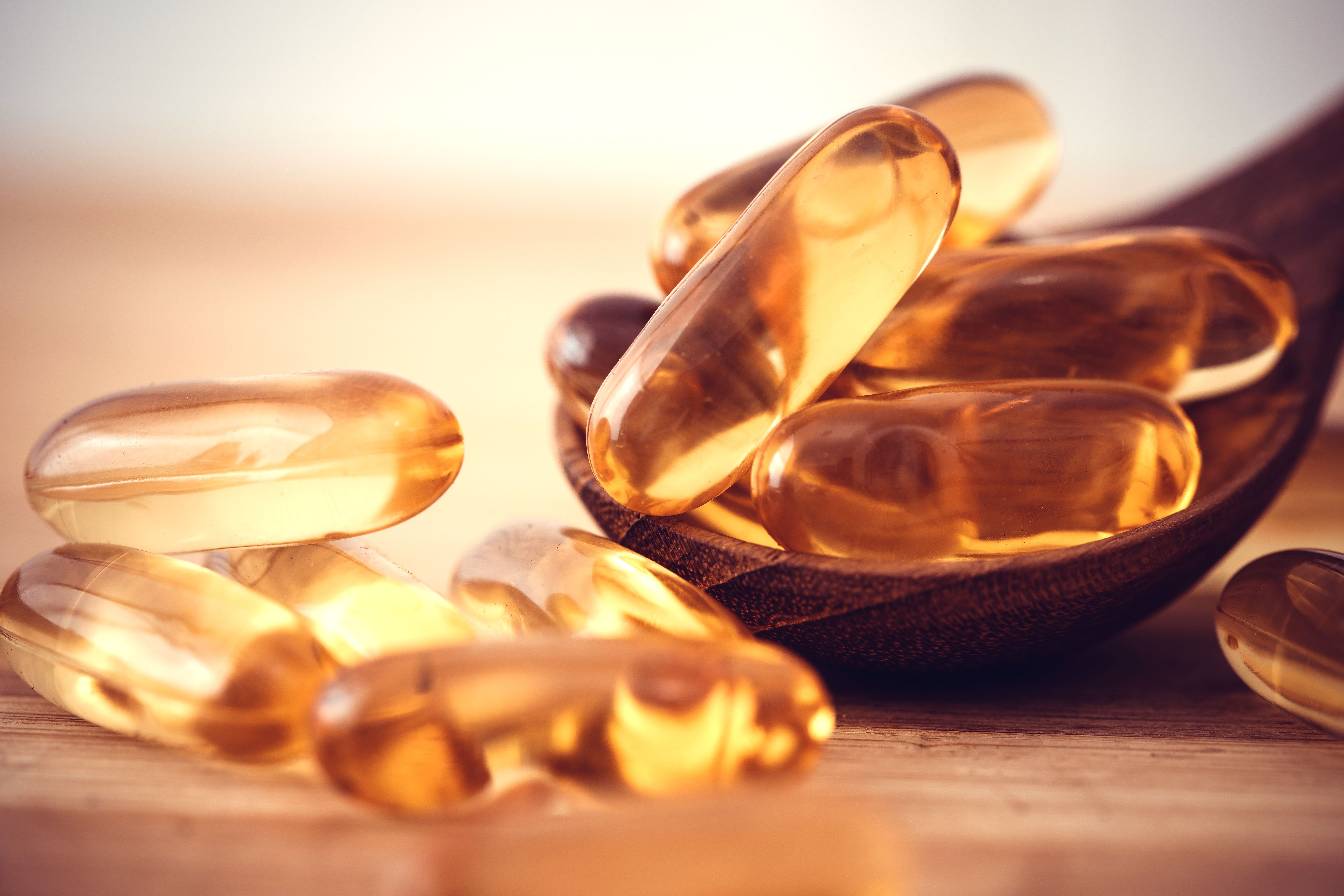News
Article
Significant Association Found Between Vitamin D, Improved Insulin Resistance
Author(s):
Researchers say vitamin D supplementation could be a low-cost and effective avenue for the reduction of insulin resistance and better outcomes in preventing and treating diabetes.
New research shows a significant inverse association between vitamin D intake and insulin resistance (IR), indicating that vitamin D can regulate and improve IR, according to the results of a study published in Scientific Reports.
Image credit: Cozine - stock.adobe.com

Prior literature shows the plausibility of low vitamin D levels being associated with an increased risk of IR, and the availability and affordability of vitamin D-fortified supplements represent an intriguing pathway to prevent or reduce insulin resistance, the researchers wrote.
However, the previous trials indicated that mixed results are commonplace, leaving it undetermined whether vitamin D is a possible adjuvant therapy for insulin resistance and diabetes prevention. The researchers conducted a meta-analysis and systematic review of available studies to define the association between serum or supplemental vitamin D levels and insulin resistance, in addition to the contribution of vitamin D to type 2 diabetes.
The investigators searched 4 databases for the literature review, with randomized clinical trials (RCTs) and observational studies with a control group being eligible for selection. After a full evaluation, 18 RCTs and 20 observational studies were selected for further meta-analysis, which ultimately proved that vitamin D has a significant effect on regulating insulin resistance.
In the overall analysis of studies examining the supplementation effect of vitamin D on IR, the diabetic with vitamin D treatment group showed significantly improved insulin resistance across multiple categories. However, there was significant heterogeneity between trials in the analysis of insulin resistance (I2 = 86.7%, P < 0.05) and insulin (I2 = 91.3%, P < 0.05).
Serum insulin (standard mean difference [SMD] = -0.265; 95% CI, -0.394 to -0.136, P < 0.05), glucose (SMD = -0.17; 95% CI, -0.301 to -0.039, P < 0.05), and homoeostasis model assessment-insulin resistance (HOMA-IR) (SMD = -0.441; 95% CI, -0.582 to -0.3, P < 0.05) all showed improvement when treated with vitamin D supplements compared with the routine treatment group.
Twenty articles were included in the meta-analysis to examine the correlation of vitamin D with insulin, glucose, and HOMA-IR in type 2 diabetes mellitus (T2DM). Results indicated that all 3 outcomes were significantly correlated in a negative manner with raised vitamin D (insulin: r = -0.08; 95% CI, -0.12 to -0.04; glucose: r = -0.06; 95% CI, -0.11 to -0.01; HOMA-IR: r = -0.08; 95% CI, -0.09 to -0.06). This suggests that increasing serum vitamin D levels can alleviate and inhibit the development of IR to a certain extent, the researchers wrote.
There was significant heterogeneity observed in the correlation between vitamin D and the 3 main markers (insulin: I2 = 93.7%, P < 0.05; glucose: I2 = 77.0%, P < 0.05; HOMA-IR: I2 = 89.5%, P < 0.05). These results indicate that the relationship of vitamin D status and markers of T2DM and HOMA-IR specifically are not independent of other variables, the investigators determined.
There were no published studies in the meta-analysis that were specifically designed to assess the safety and efficacy of long-term and mega-dose vitamin D administration to reduce risk factors of T2DM, and therefore, no firm conclusions can be drawn on the effectiveness of vitamin D on T2DM.
Despite this, the researchers speculated that vitamin D deficiency belongs to a key factor accelerating the development of IR and the risk of hyperglycemia. They added that evidence from long-term, randomized controlled trials is necessary to determine the issue of causality and to evaluate the effectiveness of vitamin D.
According to the study authors, the major strength of the analysis was the gathering of research articles through a systematic search, though they could not rule out the possibility of confounding factors—such as patient characteristics and plasma vitamin D levels—which are the main limitations.
“Vitamin D supplementation is expected to be integrated into conventional medical approaches as a promising adjuvant therapy for T2DM patients and to mitigate the burden of diabetes for individuals and society,” the study investigators concluded.
Reference
Lei X, Zhou Q, Wang Y, et al. Serum and supplemental vitamin D levels and insulin resistance in T2DM populations: a meta-analysis and systematic review. Sci Rep. 2023;13(1):12343. doi:10.1038/s41598-023-39469-9
Newsletter
Stay informed on drug updates, treatment guidelines, and pharmacy practice trends—subscribe to Pharmacy Times for weekly clinical insights.






